Guidelines For The Fatty Liver Diet
Fatty liver disease is a condition in which patients have excessively high levels of fat in the liver. Although the causes of this disease are not fully understood, doctors believe it is related to obesity, high cholesterol, elevated blood glucose, and insulin resistance. Most patients with fatty liver disease do not have any symptoms, and the condition is typically identified after routine tests conducted for other reasons. If symptoms do appear, they can include fatigue, pain in the upper right area of the abdomen, and an enlargement of the liver. Physicians currently rely on ultrasounds, CT scans, and elastography in the diagnosis of fatty liver disease. Non-alcoholic fatty liver disease does not have any specific treatment. However, doctors generally recommend weight loss, as this is sometimes enough to resolve the symptoms a patient might be experiencing.
To promote weight loss and liver health, the dietary changes outlined below are often beneficial.
Start With High Fiber Foods
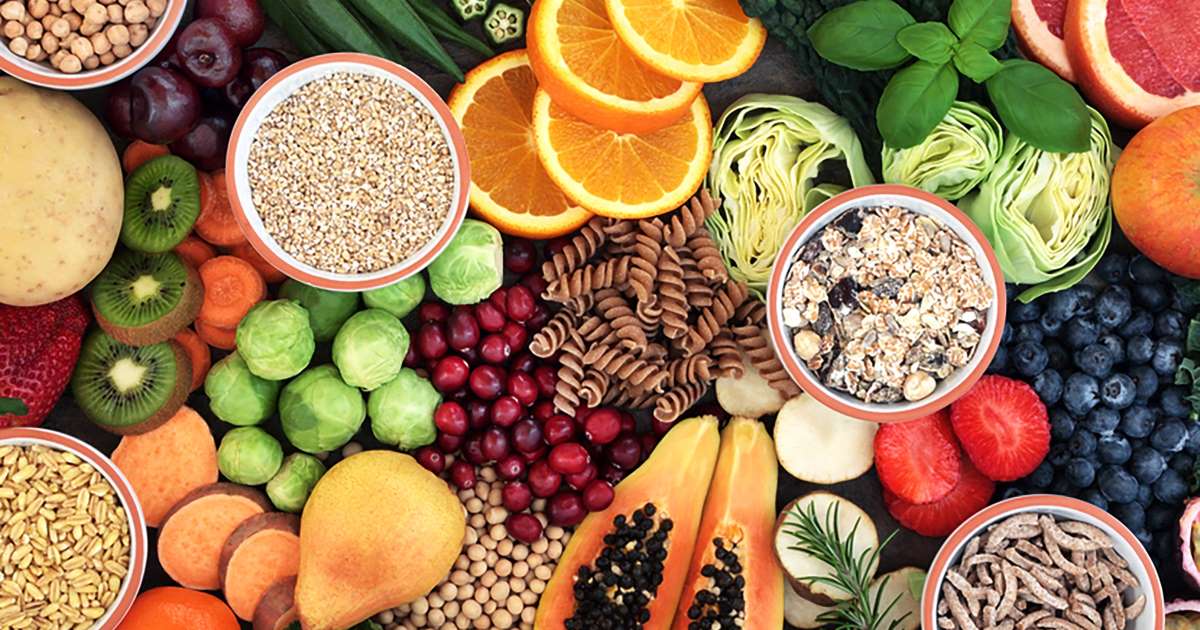
Patients who are just beginning to make dietary changes for liver health are encouraged to start with high fiber foods. Foods with high amounts of fiber can help reduce cholesterol, and high fiber intake is also associated with a reduction in the risk of diabetes. For patients who already have diabetes, consuming high fiber foods can help improve blood glucose control. Men under fifty years old need thirty-eight grams of fiber each day, and women in this age group need twenty-five grams of daily fiber intake. Foods rich in fiber include brown rice, oatmeal, lentils, avocados, and chia seeds. Sweet potatoes, green peas, acorn squash, broccoli, and oranges also contain lots of fiber. Animal studies have demonstrated broccoli helps reduce the accumulation of fat in the liver. Most patients can meet their daily fiber needs through diet, particularly if they are mindful of their vegetable, fruit, and whole-grain intake.
Uncover more tips for a fatty liver diet now.
Go For Complex Carbohydrates
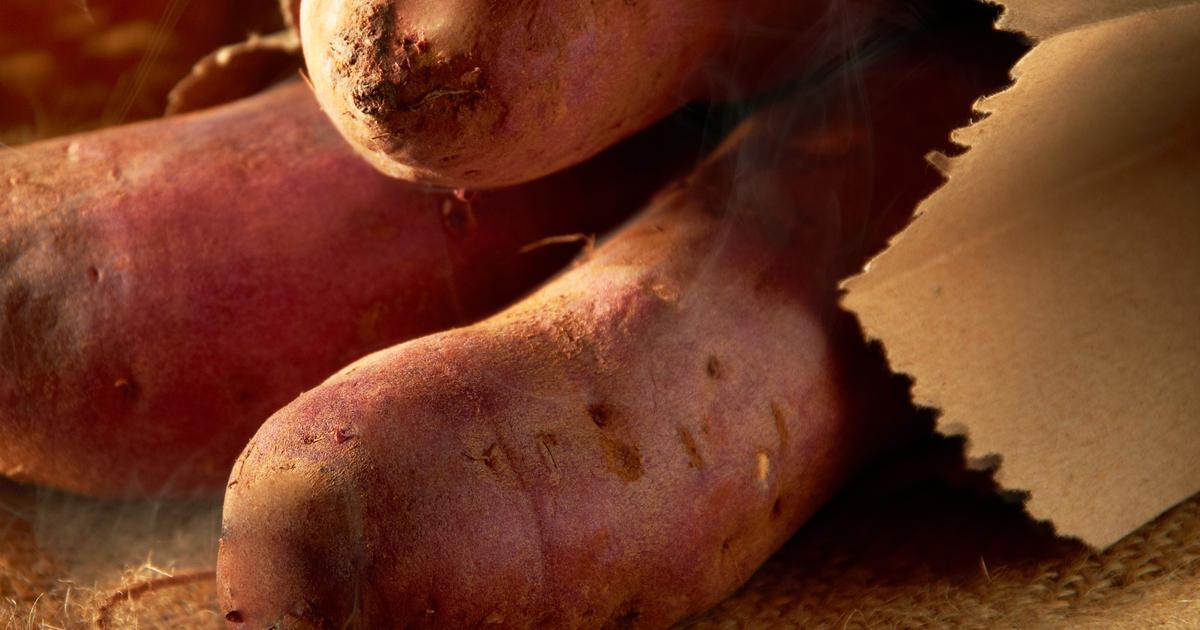
Patients who need to lose weight are typically advised to go for complex carbohydrates instead of choosing simple carbohydrates. Complex carbohydrates help patients feel satiated for much longer than simple (refined) carbohydrates, and they also provide beneficial minerals, vitamins, and fiber. By contrast, refined carbohydrates have little nutritional content, and they can be very caloric. Simple carbohydrates include items such as sweets, baked goods, and sugar-sweetened beverages and breakfast cereals. Examples of complex carbohydrates include whole grains such as brown rice, whole wheat bread, and oatmeal. Beans, nuts, and vegetables such as sweet potatoes are also sources of complex carbohydrates. Cooking at home instead of eating fast food can help patients eat more complex carbohydrates.
Continue reading to reveal more tips for dealing with fatty liver disease through diet now.
Get Lots Of Omega-3 Fatty Acids
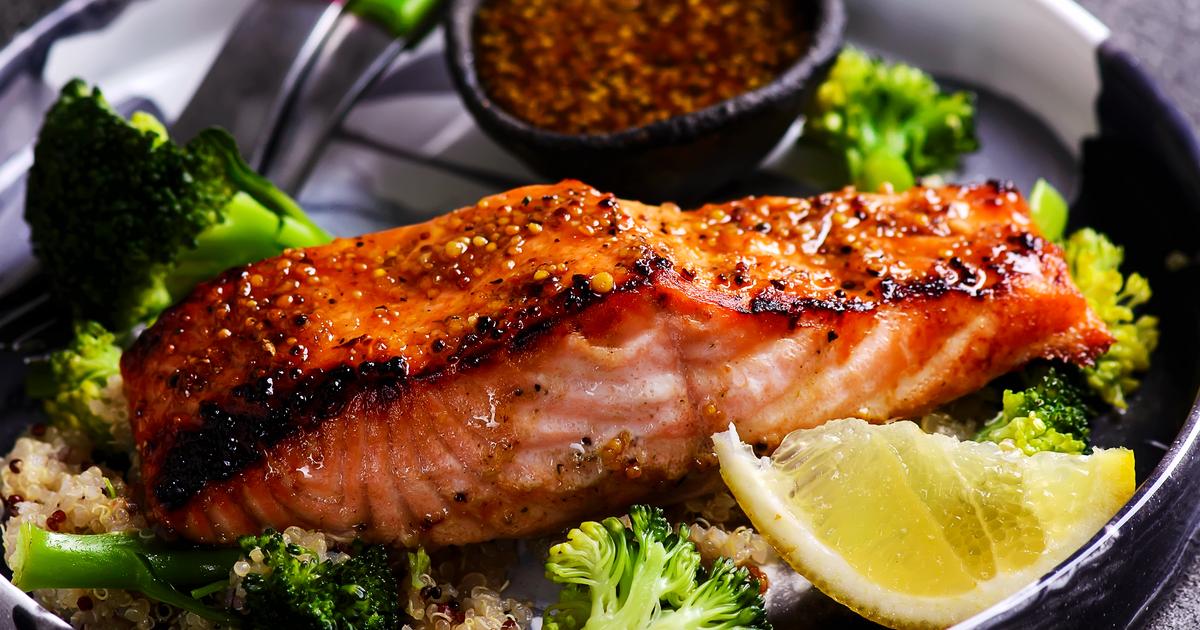
Patients with fatty liver disease may want to get lots of omega-3 fatty acids to boost liver health. Studies conducted in animals have shown omega-3 fatty acids may reduce liver scarring and inflammation, and they also improve insulin sensitivity and reduce fat in the liver. These results have been confirmed in small clinical trials conducted on humans. In addition, studies have shown omega-3s can reduce triglycerides, a key risk factor in the development of fatty liver disease. Fish such as mackerel, salmon, and herring are rich in omega-3s, and cod liver oil is also a good source of this nutrient. For patients looking for plant-based sources of omega-3s, Brussels sprouts, chia seeds, hemp seeds, and walnuts are ideal. Research suggests fatty liver disease patients who consume walnuts have improved liver function tests as compared to individuals with the condition who do not eat these nuts. Although omega-3 fatty acid supplements and fish oil supplements are very popular, patients should always ask their healthcare provider before using these products, as they can sometimes interact with certain medications, including those used to reduce blood pressure. Where possible, it is always best to obtain these nutrients from food sources.
Read more about dietary tips for fatty liver disease now.
Avoid Processed Food And Added Sugar

Fatty liver disease tends to be more common in individuals who eat highly processed foods, and these foods often contain added sugar, an ingredient that can make it harder to control blood pressure and cholesterol. Health experts advise patients struggling with this condition to avoid processed food and added sugar in their diets. As a start, it can help to avoid purchasing boxed crackers, chips, and cookies at the grocery store. Choosing healthier snacks such as fruit or wholewheat pita chips is recommended, and homemade cookies that use dates, bananas, or stevia as sweeteners are typically much healthier than their store-bought counterparts. Fast food is one of the major sources of both processed food and added sugars, and patients looking to lose weight are advised to cook at home whenever possible. A nutritionist can help with quick and affordable meal planning ideas.
Discover additional dietary tips for fatty liver disease now.
Take Advantage Of Garlic
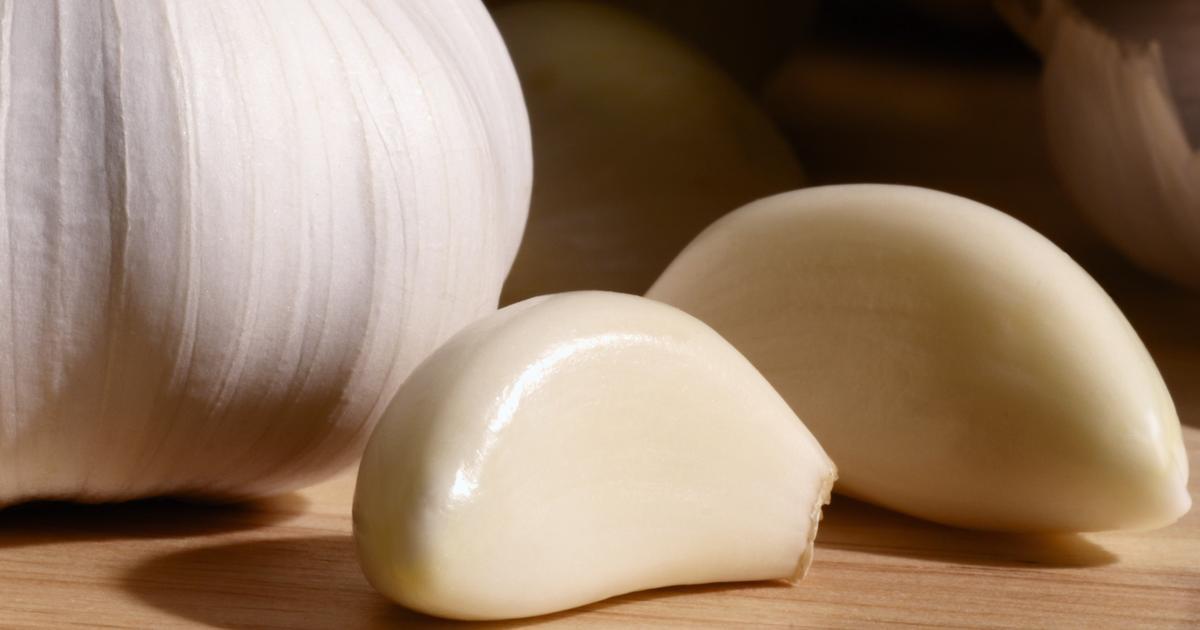
Individuals who take advantage of garlic may be able to improve their liver health. In fact, a 2016 double-blind, randomized clinical trial demonstrated the use of garlic powder supplements is associated with a reduction in both body weight and body fat among patients with fatty liver disease. The study followed 110 patients with fatty liver disease. Half of the participants received a placebo, and the others were given four hundred milligrams of garlic powder per day. At the conclusion of the study, the participants who received the garlic powder were able to lose 2.6 percent of their body weight, and those in the control group only lost 0.7 percent in weight.
Garlic can be used as a seasoning in many dishes. For example, it can be included in pasta sauce, and patients might also enjoy it as a seasoning for bread or as a topping for chicken. Roasted garlic is a favorite dish for some individuals as well. Patients should always ask their healthcare team before deciding to use garlic supplements in their diet.
Get familiar with additional tips for the fatty liver diet now.
Eat Lots Of Fruits And Vegetables

Weight loss is one of the recommended treatments to reduce the amount of fat in the liver, and doctors suggest patients with this condition eat lots of fruits and vegetables. Fruits and vegetables are low in calories and high in dietary fiber, and this helps individuals feel satisfied even though they are consuming fewer calories than they normally would. In particular, consuming green vegetables such as kale, spinach, and Brussels sprouts can make it easier to lose weight. Studies have shown broccoli prevents fat accumulation in the liver as well. A Japanese study conducted in 2000 found avocados helped reduce liver damage in mice who had chemically-induced liver abnormalities. To increase dietary intake of fruits and vegetables, nutritionists recommend that patients consider basing some of their meals around fresh produce instead of meat. For example, making a vegetarian stew instead of a meat-based one could be beneficial, and many patients enjoy fresh fruit smoothies or vegetable juices. A nutritionist can provide personalized advice on how to incorporate more fruits and vegetables into daily meals.
Learn more about the fatty liver diet now.
Drink A Little Coffee
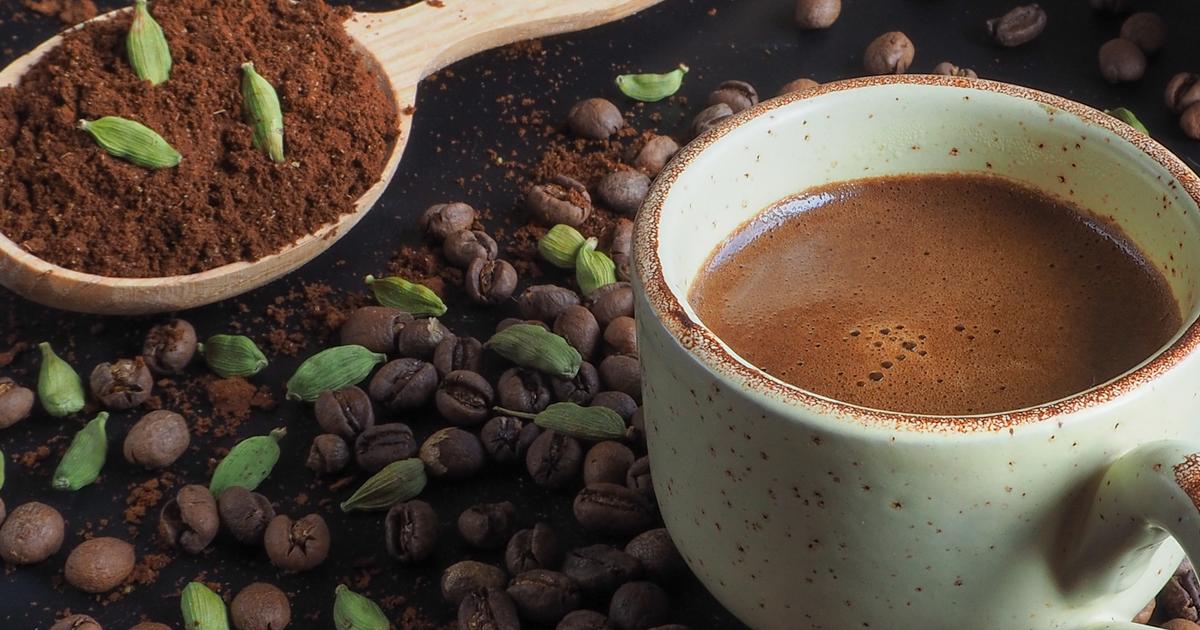
Studies performed on patients with non-alcoholic fatty liver disease have concluded coffee offers protection against liver damage. Researchers found patients with this condition who consumed at least two cups of coffee each day had less liver damage than those who had little or no coffee. Doctors believe certain compounds in the coffee may combat inflammation. In particular, the caffeine contained in coffee has been shown to reduce liver enzyme abnormalities in patients at risk of liver disease. Drinking coffee with milk or other dairy products could provide additional liver health benefits. In fact, a 2011 study conducted in rats concluded whey protein, a key component of dairy products, helped prevent further liver damage in the test subjects. Some patients may be very sensitive to coffee or caffeine, and they could experience symptoms such as an upset stomach, insomnia, or an increased heart rate. Patients should always discuss the risks and benefits of coffee with their healthcare provider before adding it to their diet.
Continue reading to uncover additional tips for designing a healthy fatty liver diet now.
Avoid Red Meat
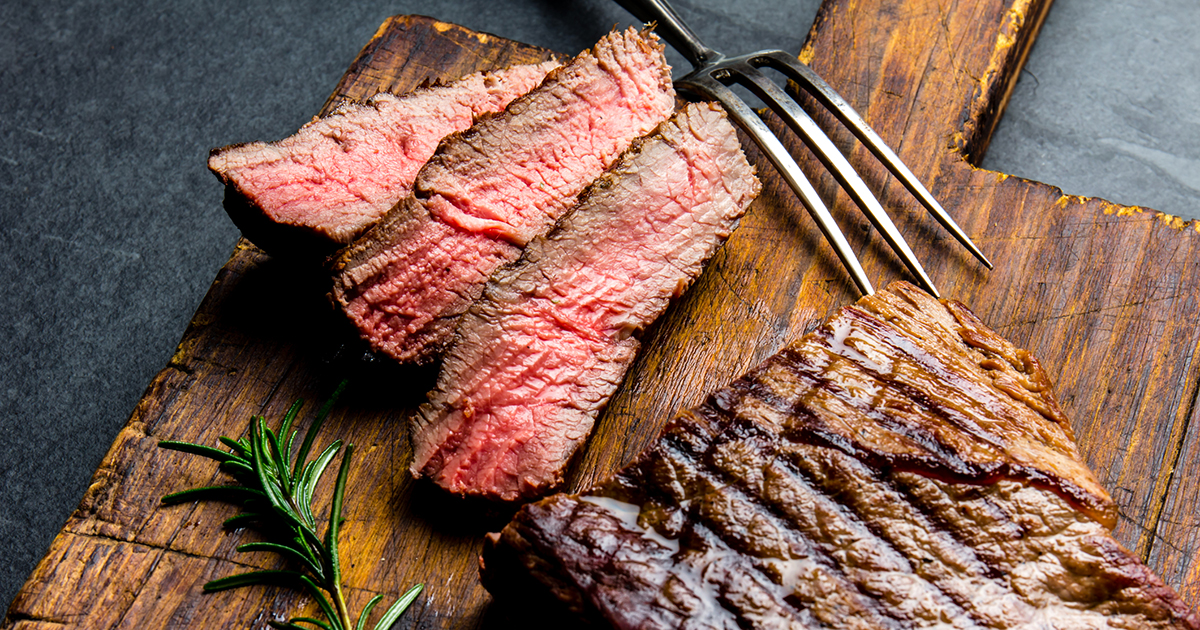
Patients with fatty liver disease are typically advised to avoid red meat. In addition to being high in saturated fat and calories, red meat is associated with an increased risk of heart disease, and consuming it could make it harder for some patients to lose weight. Several recent studies have found red meat and processed meats are associated with an elevated risk for non-alcoholic fatty liver disease, especially when they are fried, grilled, broiled, or otherwise cooked at high temperatures for an extended period. In place of red and processed meats, doctors advise patients with fatty liver disease to choose chicken or turkey. Some patients might also want to try meat substitutes like tofu, tempeh, or seitan too. Store-bought veggie burgers are an easy substitution for hamburgers, and tofu can be flavored with many of the same seasonings that are traditionally used for red meat.
Reveal more tips for the fatty liver diet now.
Consume Antioxidants

Studies suggest that patients who consume antioxidants may be able to reverse some of the symptoms associated with fatty liver disease. Experts encourage patients to obtain antioxidants by adding as many different fruits and vegetables to their diets as possible. Beets and spinach contain betaine, a substance that reduces the accumulation of fat in the liver. Some doctors recommend that their patients consume broccoli, garlic, cabbage, and eggs as well. These foods are rich in sulfur, and consuming them could raise blood levels of glutathione, an anti-inflammatory substance that aids in the detoxification of the liver. Spirulina is another good source of antioxidants and B vitamins. Studies have shown taking one teaspoon per day of spirulina could reverse fatty liver disease for many patients. Spirulina is available in health food stores and can be easily added to smoothies and juices. Avocados and walnuts are two other foods that have been shown to help improve liver health. Patients can incorporate these into their diets by adding avocado slices to a sandwich or by eating a small handful of walnuts as a snack.
Get more tips on how to follow a fatty liver diet now.
Supplement Where Needed
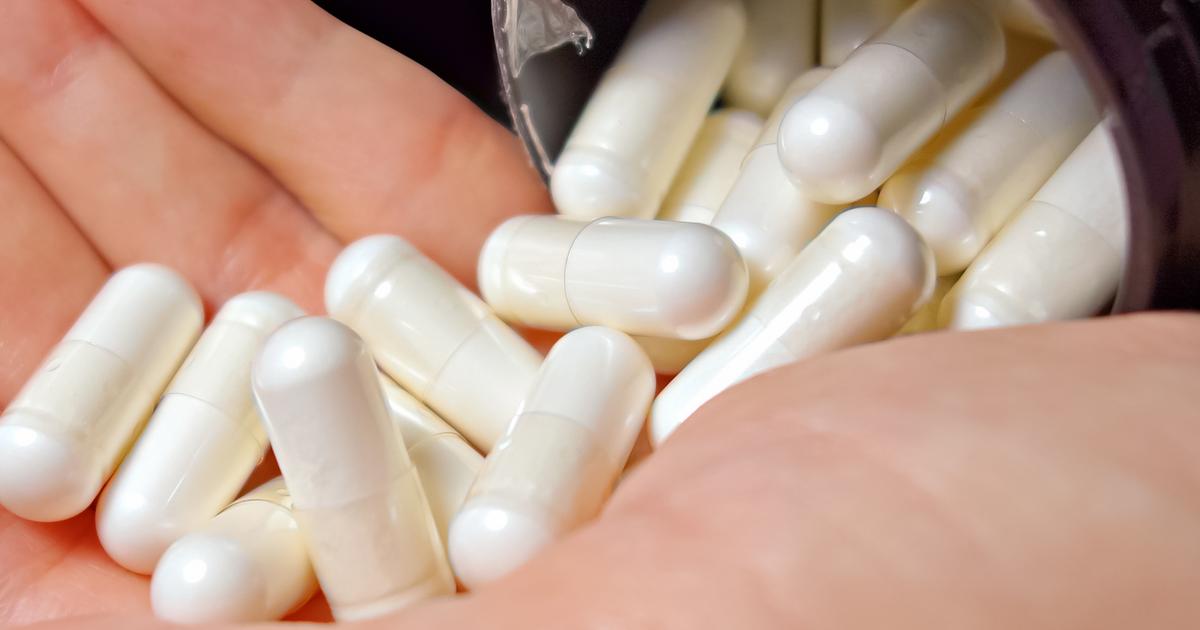
To reverse and manage the symptoms of fatty liver disease, patients may want to supplement where needed. Doctors often suggest patients with this condition to consider supplementing their diets with probiotics. Research indicates these supplements may improve liver function and reduce inflammation. A type of probiotic known as Bifidobacterium longum is particularly effective in reducing fat in the liver, and it reduces inflammation and endotoxin levels as well. When choosing a probiotic supplement, patients are encouraged to look for one containing Bifidobacterium longum and one resistant to stomach acid to promote optimal absorption.
Patients might want to consider including a milk thistle supplement in their daily routines too. Milk thistle contains a compound called silybin, which has been shown to reduce fat accumulation in the liver, and some research suggests it could reverse damage to the liver as well. Patients should check with their physician before taking any supplements to ensure it is safe for them to do so. The physician may be able to recommend specific supplements tailored to the patient's health status.